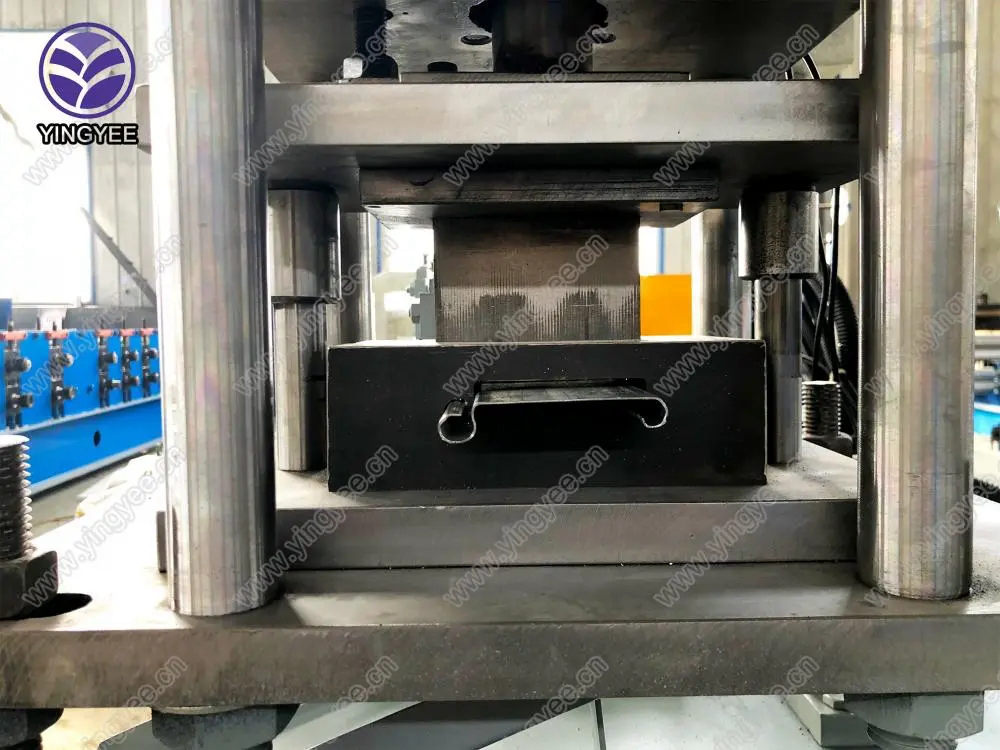
The Advent of Glazed Roof Tile Roll Forming Machines
In the ever-evolving landscape of construction and building materials, innovation plays a pivotal role. Among the many advances in this field, the glazed roof tile roll forming machine stands out as a remarkable technological achievement. This machine is designed to produce high-quality glazed roof tiles efficiently and effectively, catering to the rising demand for durable and aesthetically pleasing roofing solutions.
Understanding Glazed Roof Tiles
Glazed roof tiles have become increasingly popular due to their exceptional durability, low maintenance requirements, and attractive appearance. These tiles not only provide a protective cover for buildings but also enhance their overall architectural beauty. The glazing process gives these tiles a shiny finish, making them resistant to environmental elements such as moisture, UV rays, and pollutants. The combination of aesthetics and functionality has made glazed roof tiles a preferred choice for residential and commercial projects alike.
The Role of Roll Forming Machines
Roll forming machines are essential in the manufacturing process of these tiles. The glazed roof tile roll forming machine operates by passing metal sheets through a series of rollers that shape the material into the desired tile profile. This continuous forming process yields tiles that are not only uniform in size but also possess the strength required to withstand harsh weather conditions. The machine can produce a wide variety of designs and profiles, allowing manufacturers to cater to diverse market needs.

Advantages of Using Roll Forming Technology
One of the most significant benefits of employing a roll forming machine is its efficiency. These machines can produce a large number of tiles in a relatively short period, significantly reducing production time. Moreover, the automation involved in the process minimizes human error and enhances the consistency of the output. Cost-effectiveness is another advantage; by optimizing materials and labor, manufacturers can offer competitive prices while maintaining quality.
Additionally, the roll forming process is environmentally friendly. It generates minimal waste compared to traditional tile manufacturing methods, as the process can continuously recycle scrap material. This aligns with the growing emphasis on sustainability in the construction industry.
Conclusion
The glazed roof tile roll forming machine is a game-changer in the architectural and construction sectors. By providing a seamless combination of durability, aesthetic appeal, and cost efficiency, these machines are revolutionizing the way roof tiles are manufactured. As the demand for high-quality building materials continues to rise, the importance of such advanced machinery will only grow. The future of roof tile production looks promising, driven by technological advancements that prioritize efficiency and sustainability. With the glazed roof tile roll forming machine at the forefront, the construction industry is poised for a transformative shift towards better and more innovative building solutions.